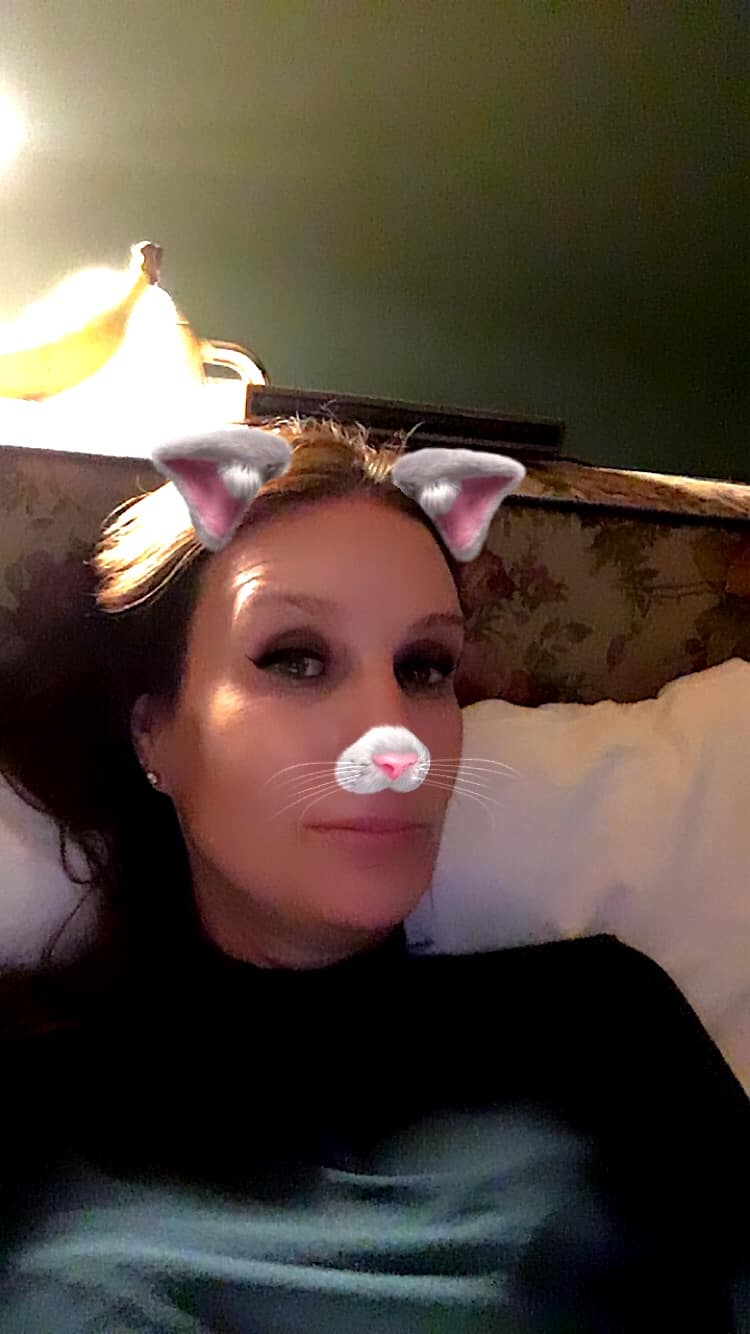I’ve never put my hands up to being a coffee expert but like wine and gin, I drink enough to know what I like. I like Monsoon Estates Coffee. They’re a small, artisan, micro-coffee roasting outfit which are near Stratford-upon-Avon. Hand-roasting in small batches, they’re always looking for the perfect cup of coffee. They’re clearly doing something right as in 2012 they were given two gold stars for their Nicaraguan Maragogype coffee and they’ve not stopped since. This year’s Awards judges were bowled over again and Monsoon were awarded gold stars for 4 of their coffees. Pretty impressive when you bear in mind only 2.9% of all entrants were given 2 gold stars – they got three of them. Having been a judge at this year’s awards, I know how rigorous the process is, these guys are roasting and producing excellence. It’s not just reserved for residents of Warwick or Stratford. As well as selling at local food markets, they do a rip-roaring trade online. It’s here you can order your grind
I don’t know Anne or Chris the husband-and-wife-roasting team but they’ve got a sense of humour, reflected in their coffee naming convention ‘The Bloke’ for instance, is named after a customer who was hooked on their Malabar coffee. Anne offered to mix two beans for him and ‘The Bloke’ was born – a strong but smooth brew a few of their other customers adored too. ‘Fixie Blend’ is named after the fixed wheel bicycle – no gears = no-nonsense – a little like the uncomplicated coffee. Monsoon roast and sell 19 different blends.
They post first and second class here in the UK and they’ll also post to Europe. Worldwide is a possibility if you contact them. They’ll even post bags to you free, second class to an address here in the UK if you order four or more 227g bags.
Anne got hold of my blog by reading a post I wrote on the Nespresso Connoisseur Club and she kindly sent a couple of bags of ground beans a Yirgacheffe from Ethiopia and their Espresso Blend, a blend of beans (all Arabica) from Brazil, Guatemala, Colombia and Ethiopia. Both used in my French Press (4 cup) with 4 heaped dessertspoons of ground coffee (1 per cup).
I learnt a thing or two about brewing coffee when I took the Home Brew Coffee Masterclass at Artisan Coffee recently and I employed the principles I picked up there.
The Skint Foodie has sung the praises of the Yirgacheffe in a recent piece for The Observer and if you do the coffee maths it’s a cheap but tasty cup. The coffee is sweet with a medium to light body but leaves the most magnificent treacle-chocolate glow in your mouth. From what’s believed to be the birthplace of coffee, the beans are grown by Cooperative Union members who process their coffee as a group and enjoy higher and fairer prices for their beans. It’s grown in the south of the country, at an altitude of 1800m above sea level and harvested between December and February. The communities here rely almost entirely on coffee to make ends meet.
The well-wrapped packet was oozing that just-roasted-bean-smell and when split open punched you squarely between the eyes. So very rare these days. I wanted to drink the bag – there and then. It’s a washed coffee which means the beans have their outer layers of skin and pulp removed and then soaked for up to 72 hours in fermentation tanks. When beans are given the “wet” treatment, there’s generally higher acidity and the coffee will take on a floral flavour, whilst the dry processed beans (also known as the natural method) produces coffee that is heavy in body, sweet, smooth and complex. It’s obvious when you read into it, that this is the process used in countries where rainfall is scare and where there are long periods of sunshine to dry the coffee.
The bags come with an information sheet with the basics, all very interesting when you’re trying a bean that’s new to you. Information about the roaster, in this case Anne, is on the bag and my test sample roasted within days of me drinking it. I took it with milk, it’s equally delicious without but I think this is the Marmite test of coffee – you either love it or hate it – and I LOVE it. A two-star seal of approval on this one from Great Taste this year it’s both fairtrade and organic. It suits all brew methods but better as a filter or cafetière (French Press) if ‘brighter’ espresso isn’t your thing.
The Espresso blend was another winner for me and another of the coffees that picked up 2 gold stars at this year’s Great Taste Awards.
It’s a wet and dry processed bean and is from various estates so obviously the harvesting period varies. When added to the French Press there is caramel and milk chocolate scents and when taken without milk, it’s smooth but full-bodied with hints of hazelnuts and deep cocoa.
The blend is based on mostly American coffees for a typical coffee flavour. With the addition of Ethiopian beans, it gives it more brightness and some fruity notes. This suits all brew methods.
If I’ve whet your coffee appetite then take a look at the Monsoon Estates website. Thanks Anne, I’ll be on myself pretty soon when these two bags run out (and that won’t be long).
Happy Christmas.
My review of this hotel in Belfast is really worth a read.






